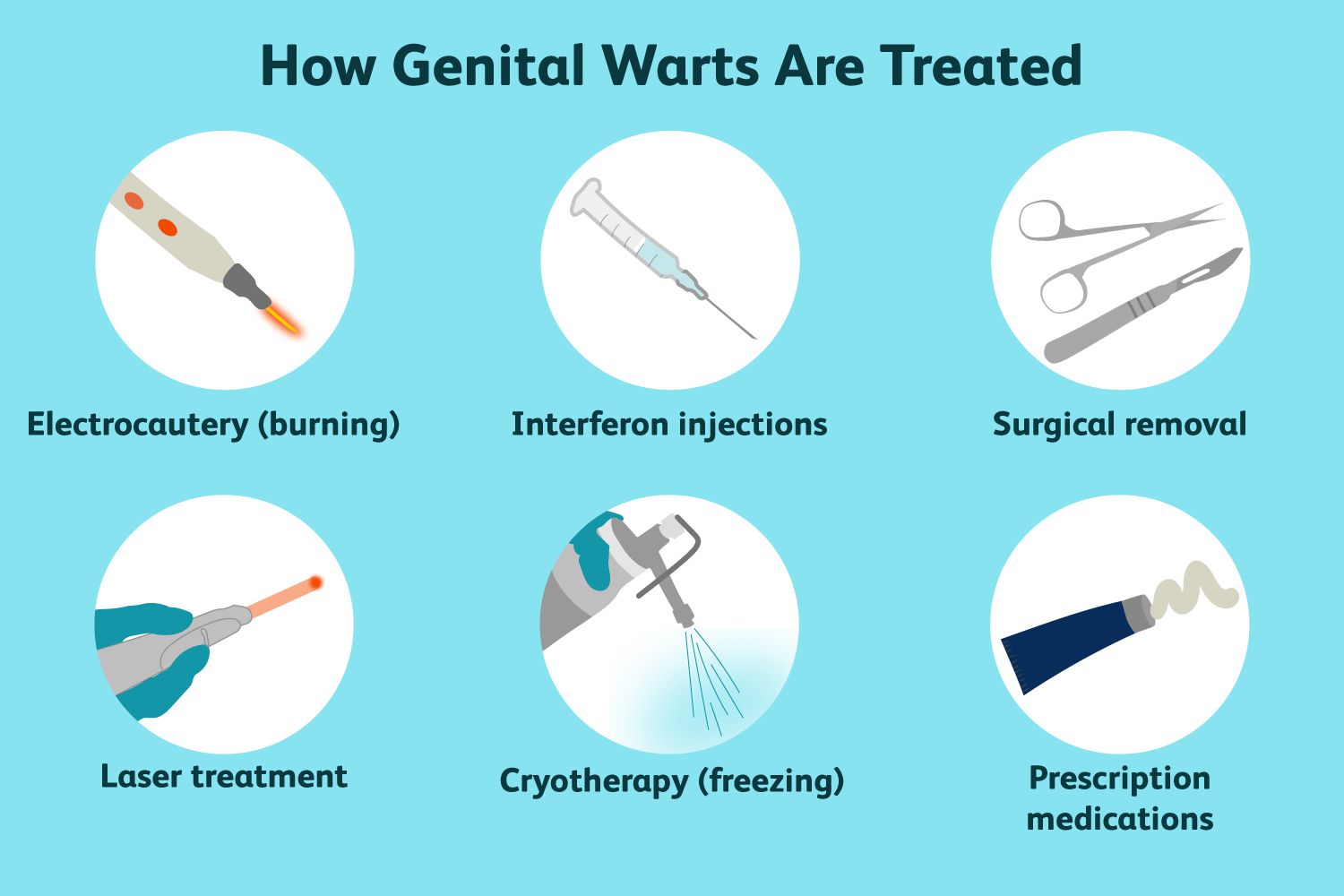Table of Contents
ToggleWarts that develop in the genital region are called genital warts. There may be only one wart or several. People catch the human papillomavirus (HPV) from an individual who has the virus and develop these warts.
A typical sexually transmitted infection is HPV. Even if you cannot see the warts, they might still spread or develop.
Due to the lack of symptoms, many HPV carriers are unaware that they are infected:
Only a handful of the about 100 different HPV Genital warts treatment varieties can result in genital warts. Certain HPV strains can lead to cervical cancer. Anal cancer, penile cancer, and mouth and throat cancer can all be brought on by other types. HPV comes in a variety of forms.
Genital warts: Signs and symptoms
The size and form of genital warts might vary. Many people develop warts. Many warts appear on others. The following are the most typical symptoms of these warts:
Small, dispersed, skin-colored or slightly darker lumps:
growths that might be elevated or flat, smooth or rough, in the genital region.
Many times, genital warts are symptomless (what someone feels). The warts can occasionally itch, burn, sting, or bleed.
Females
Vulva (external female genitals) (external female genitals):
Penis. \sScrotum.
Thigh. \sGroin.
sexes, both sexes
after engaging in oral intercourse with an infected individual, in the mouth or throat.
after having anal intercourse with an HPV-positive person, in or close to the anus.
Genital warts: Who gets and causes
Who gets genital warts?
The virus that causes genital warts, human papillomavirus (HPV), can be acquired by anybody who has intercourse. The majority of persons who engage in sexual activity have HPV infections. Prior to age 30, it is most prevalent.
Not every person who contracts HPV develops genital warts. Due to the body’s immune system fighting the virus, the majority of people never get these warts. In a few years, most people are free of the virus and no longer infectious.
A compromised immune system may make it difficult for a person to combat the infection. Genital warts can develop when the body is unable to combat HPV. An illness like cancer or AIDS can cause a person’s immune system to deteriorate. Certain medications, including those used to prevent organ rejection,also weaken the immune system.
What causes genital warts?
Sex (vaginal, anal, or oral) (vaginal, anal, or oral).
Genital contact (touching a person’s genitalia).
Childbirth (from infected mother to infant) (from infected mother to baby).
After having intercourse with an infected person, warts could not show up for several weeks or months.
Genital warts: Diagnosis, treatment, and outcome
How do dermatologists diagnose genital warts?
People frequently avoid going to the doctor because they are ashamed of growths in their genitalia. However, seeing a dermatologist might ease your mind because you’ll be able to receive an accurate diagnosis and treatment.
Genital warts can be identified by a dermatologist just by looking at the warts in person. A dermatologist may occasionally remove a wart or a portion of it and send it to a lab. That a patient has genital warts can be determined by this.
How are genital warts removed?
Freezing the warts is one method of getting rid of them. The term for this is cryotherapy. A laser can also be used to remove the warts.
The warts can be eliminated using a process known as the loop electrosurgical excision procedure (LEEP). With this method of eradication, the wart is sliced out of the skin by passing a sharp device with a loop-like form below it.
The warts can be removed using specialised chemicals. Warts in the vaginal region are removed by these substances. Before the therapy is finished, you might need to apply them to the region multiple times over the course of several weeks.
Living with genital warts:
See your doctor if you have genital warts. It’s crucial that they take care of your warts. If genital warts are not treated, they can spread. You run the danger of infecting your partner if you engage in sexual activity.
On the cervix, some types of HPV can promote the growth of aberrant cells. If untreated, these cells can occasionally develop into cancer. The vulva, vagina, anus, or penis can develop cancer as a result of other types of HPV.








